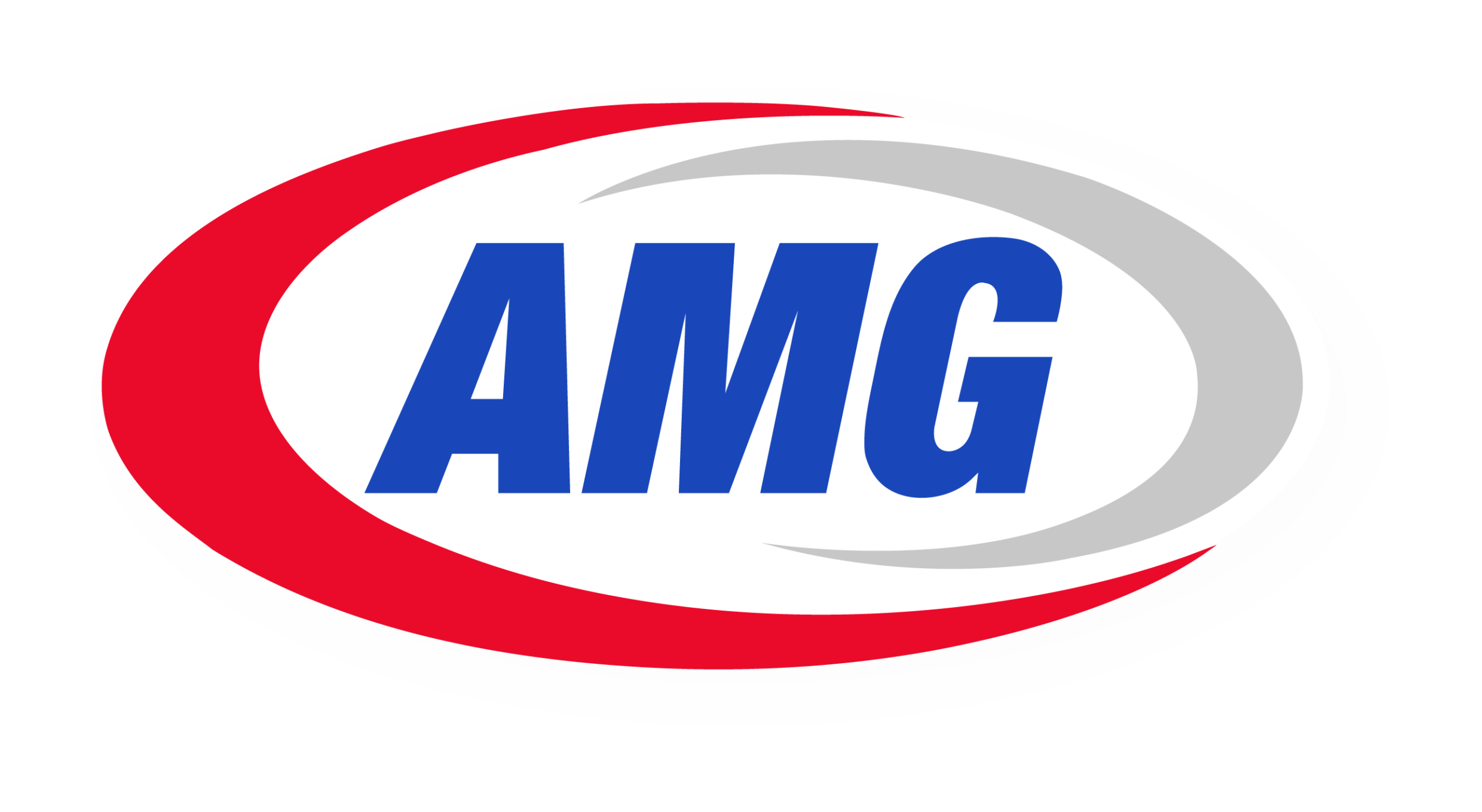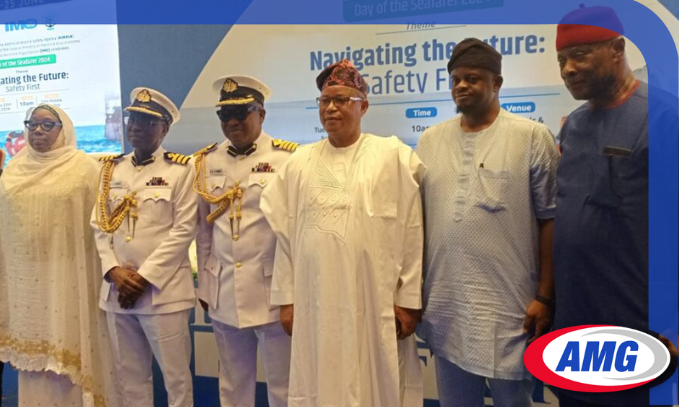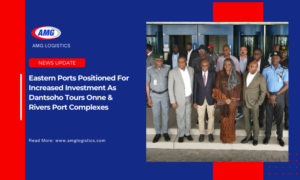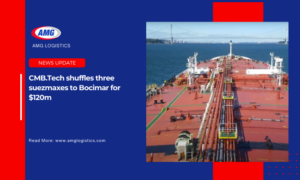Nigerian Maritime Administration and Safety Agency (NIMASA) says it plans to replace foreign seafarers operating within Nigeria’s cabotage waters with indigenous seafarers.
The Director General of NIMASA, Dr Dayo Mobereola, made this disclosure on Tuesday during the 2024 Seafarers Day celebration in Lagos.
Mobereola said that this would be through the introduction of the New Cabotage Compliance Strategy on Manning.
The International Maritime Organisation (IMO) has set the 2024 theme as “Navigating the Future: Safety First”.
Mobereola acknowledged the challenges facing seafarers to include threats from war zones, piracy, exposure to health risks, and the lack of basic rights such as insurance and compensation.
According to him, June 25 is set dedicated to acknowledging, honouring the contributions and sacrifices of seafarers worldwide.
He emphasised that seafarers were the backbone of global trade, ensuring that over 80 per cent of the world’s trade reached its destination in espite of challenges faced onboard vessels.
Mobereola said, “This is a call to action for all stakeholders, including the government, ship owners, and NIMASA, to address these issues and prioritise seafarer welfare.
“I wish to state that the agency’s human capacity-building initiatives have resulted in the training and retraining of Nigerian seafarers to acquire the required skills in line with industry needs.
“We have prioritised training programmes and courses to enable seafarers to acquire advanced certificates that will enhance their employment opportunities.
“There are opportunities for Nigerian-trained seafarers in the Cabotage Regime, the Liquefied Natural Gas and Brass LNG Projects, expansion of the NLNG trains, and the Olokola Gas Project, to mention but a few.
“We need to do more to showcase the importance of seafaring and attract our youth. including females, to consider a career in seafaring. We should aim at well-trained and educated officers capable of ensuring the safe operation of vessels.”
He highlighted that Nigeria had a young population capable of competing with other countries whose seafarers contribute significantly to their Gross Domestic Product (GDP).
He explained that NIMASA was investing in training and capacity-building programmes to enhance seafarers’ skills, welfare and employment opportunities.
In his keynote speech, the Minister of Marine and Blue Economy, Gboyega Oyetola, represented by the agency’s Director of Safety and Security, Mr Babatunde Bombata promised to organise more training for seafarers.
Oyetola assured support to NIMASA in achieving their mandate in line with President Bola Tinubu’s administration.
In her goodwill message, the President of the Women’s International Shipping and Trading Association (WISTA), Nigeria, Dr Odunayo Ani, appreciated Nigerian seafarers’ contributions to sustaining global trade.
She emphasised that adherence to safety protocols is crucial in seafaring and praised the efforts of marine engineers, ship captains, and everyone involved in this discipline.
Dignitaries present at the celebration included the Executive Secretary of the Nigerian Shippers Council, Pius Akutah, the Managing Director of the Nigerian Ports Authority, Mohammed Bello-Koko, President of Women in Shipping Africa (WIMAFRICA) Mrs Rollens Macfoy.
Others include: President-General of the Maritime Workers Union of Nigeria, Adewale Adeyanju, President of the Ship Owners Association of Nigeria (SOAN), Mr Sonny Eja, President of the Nigerian Shipowners Association (NISA), Shola Adewumi, and Regional Director of Africa Mission to Seafarers, Cedric Rautenbach.





